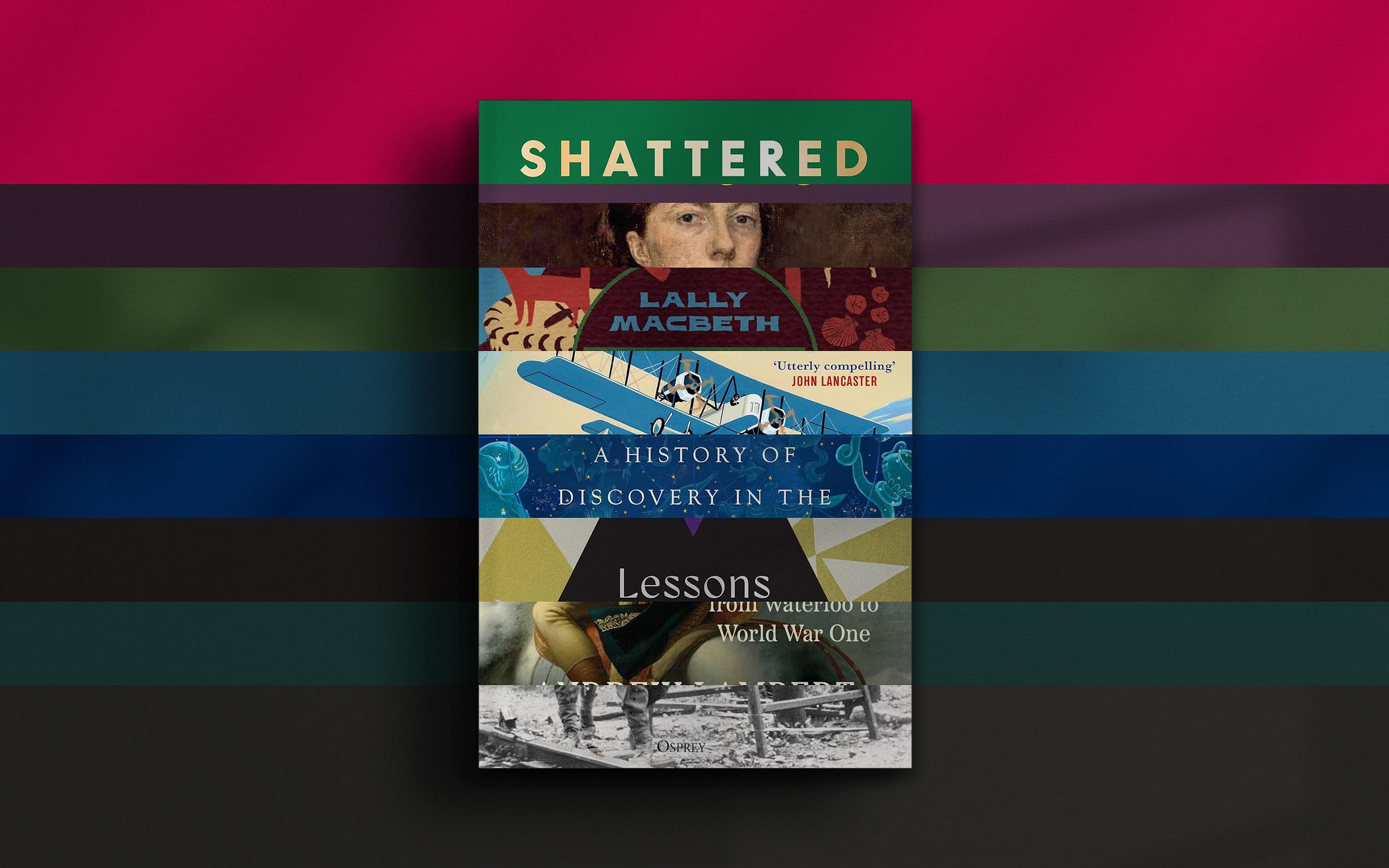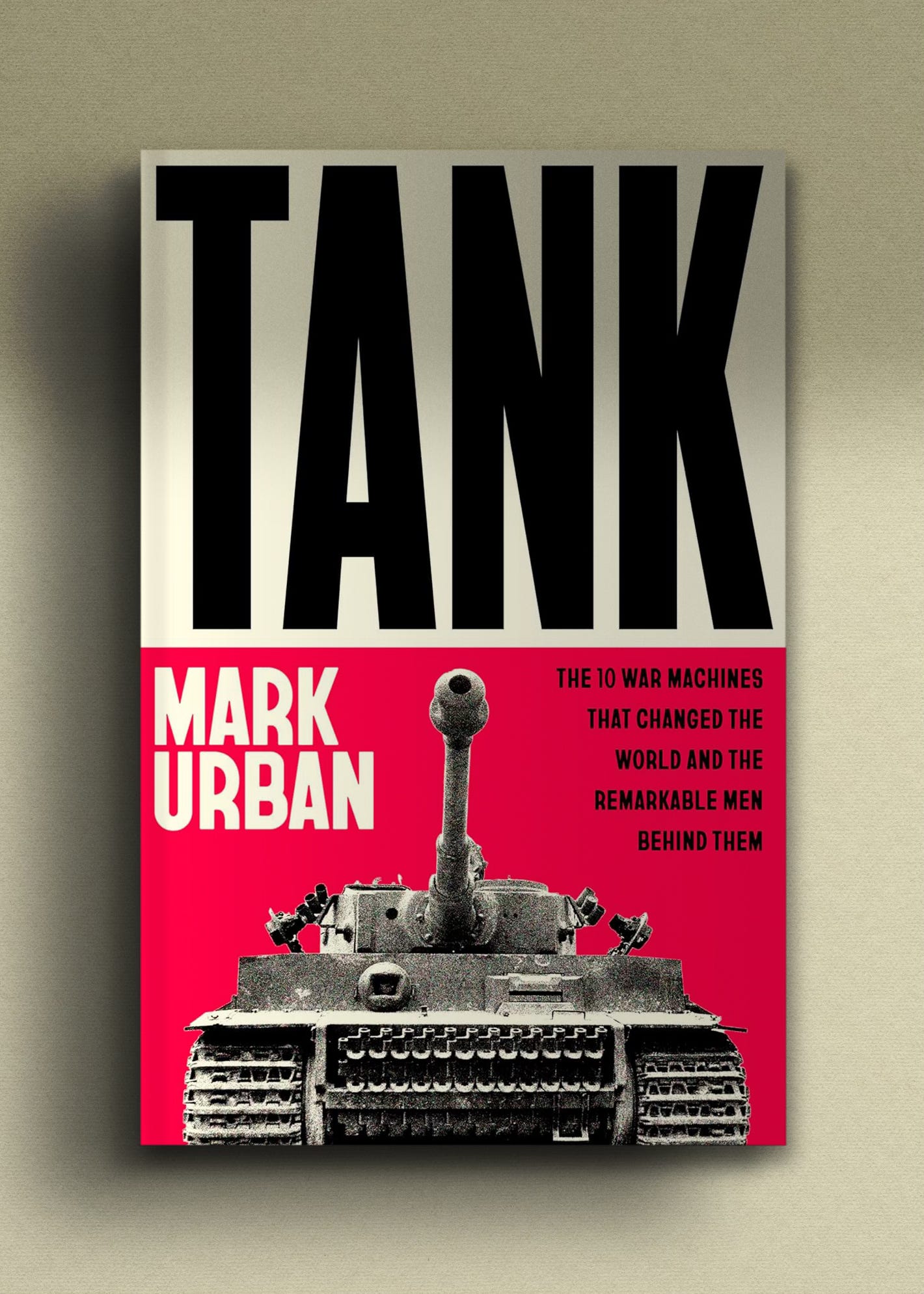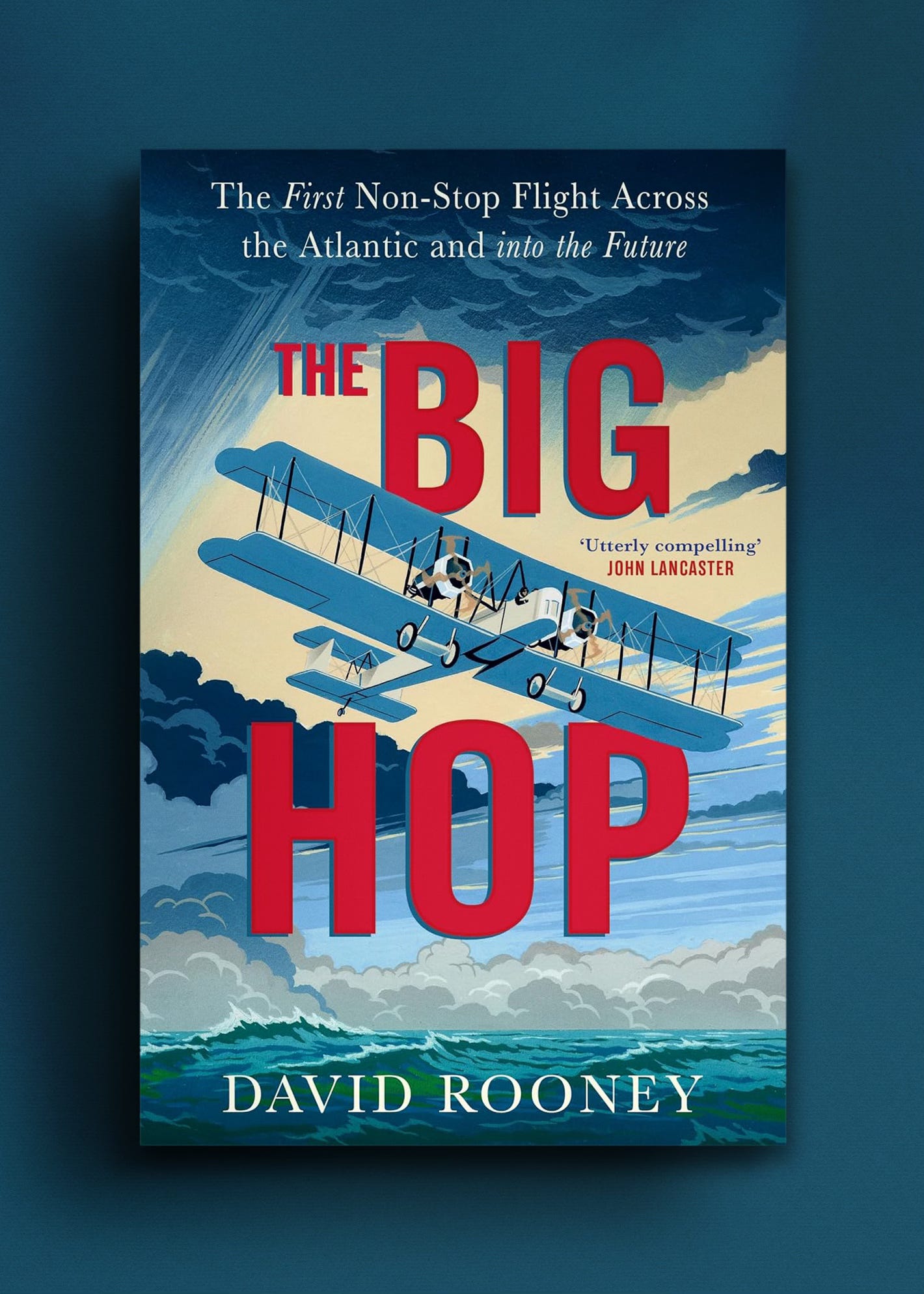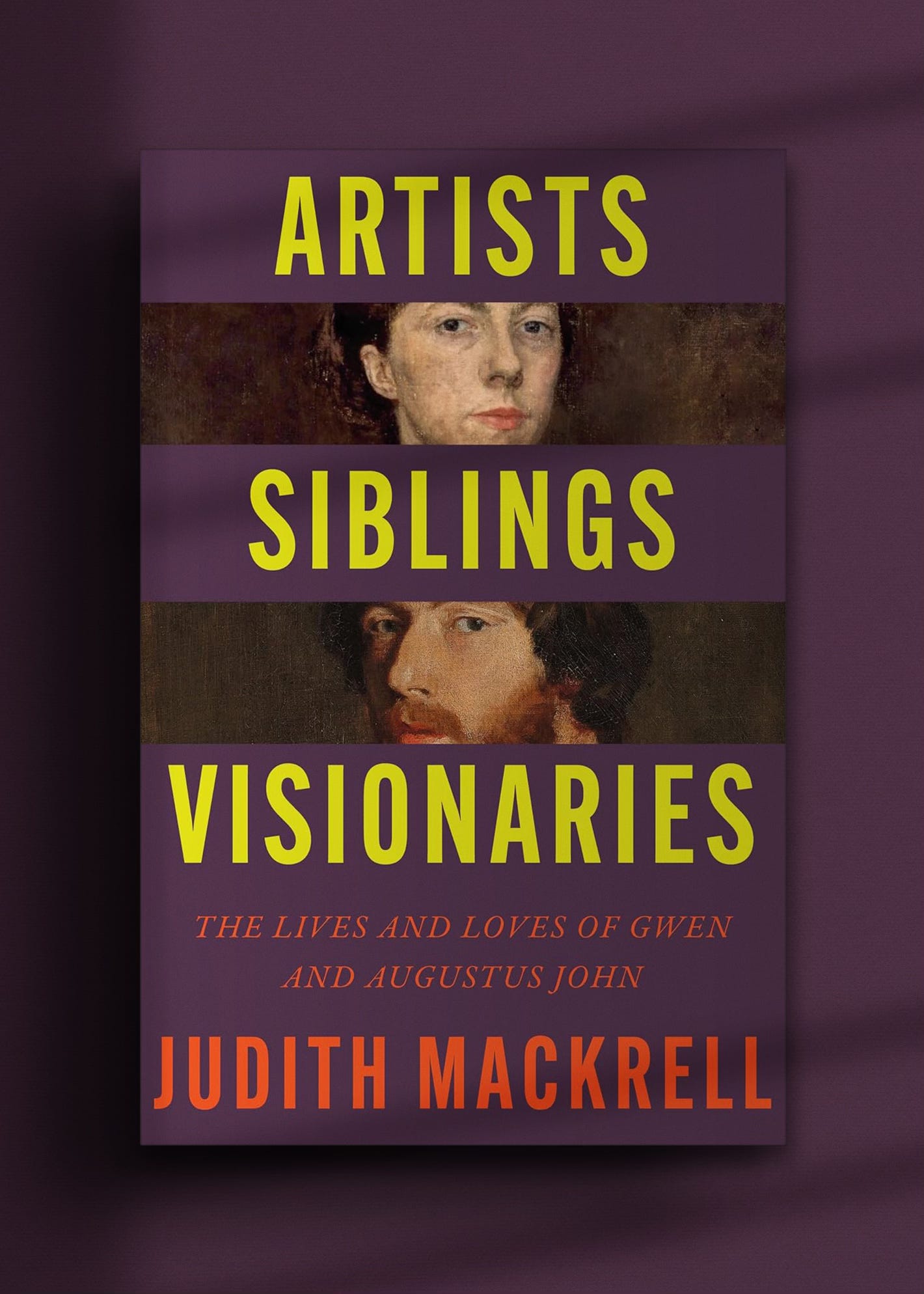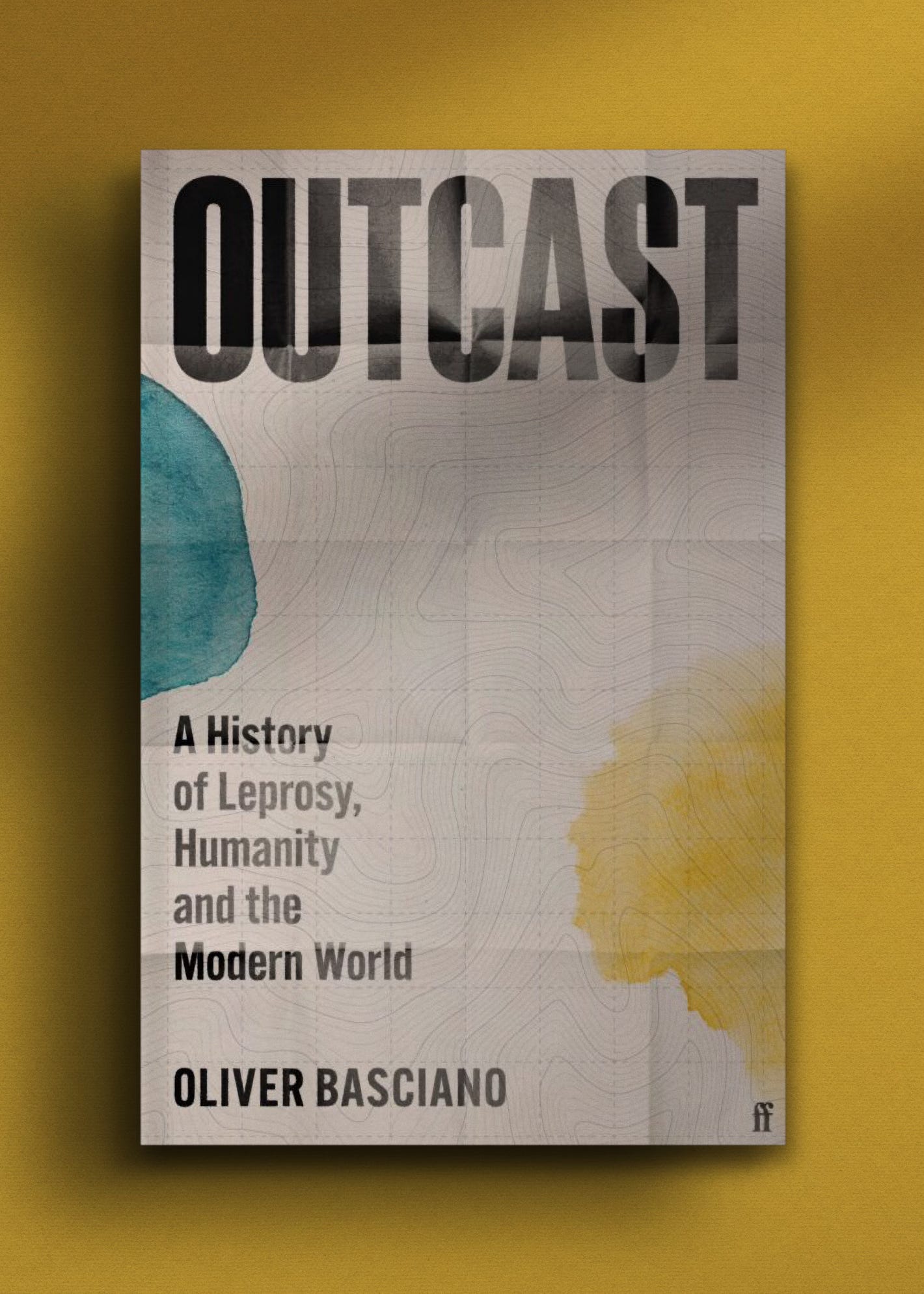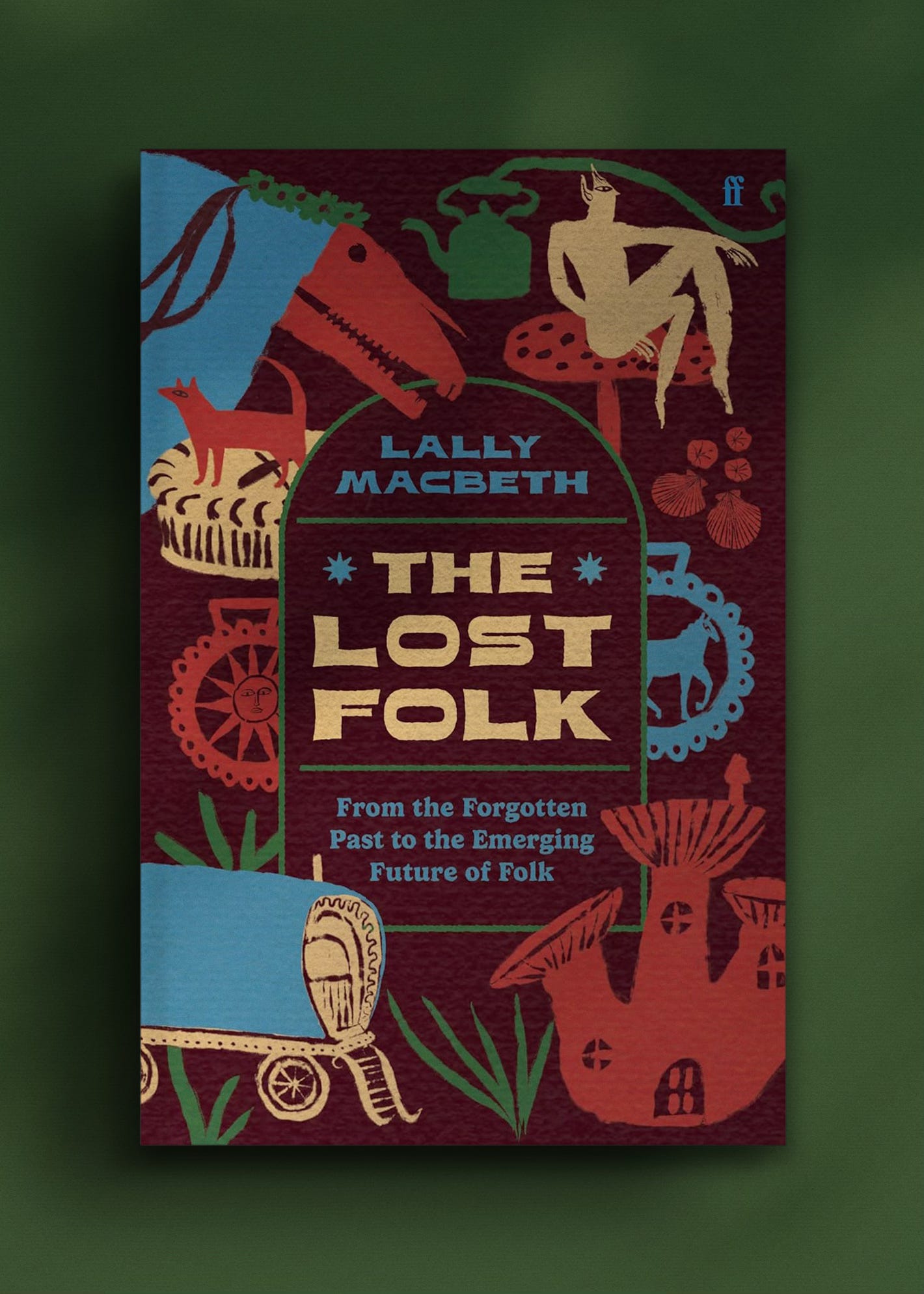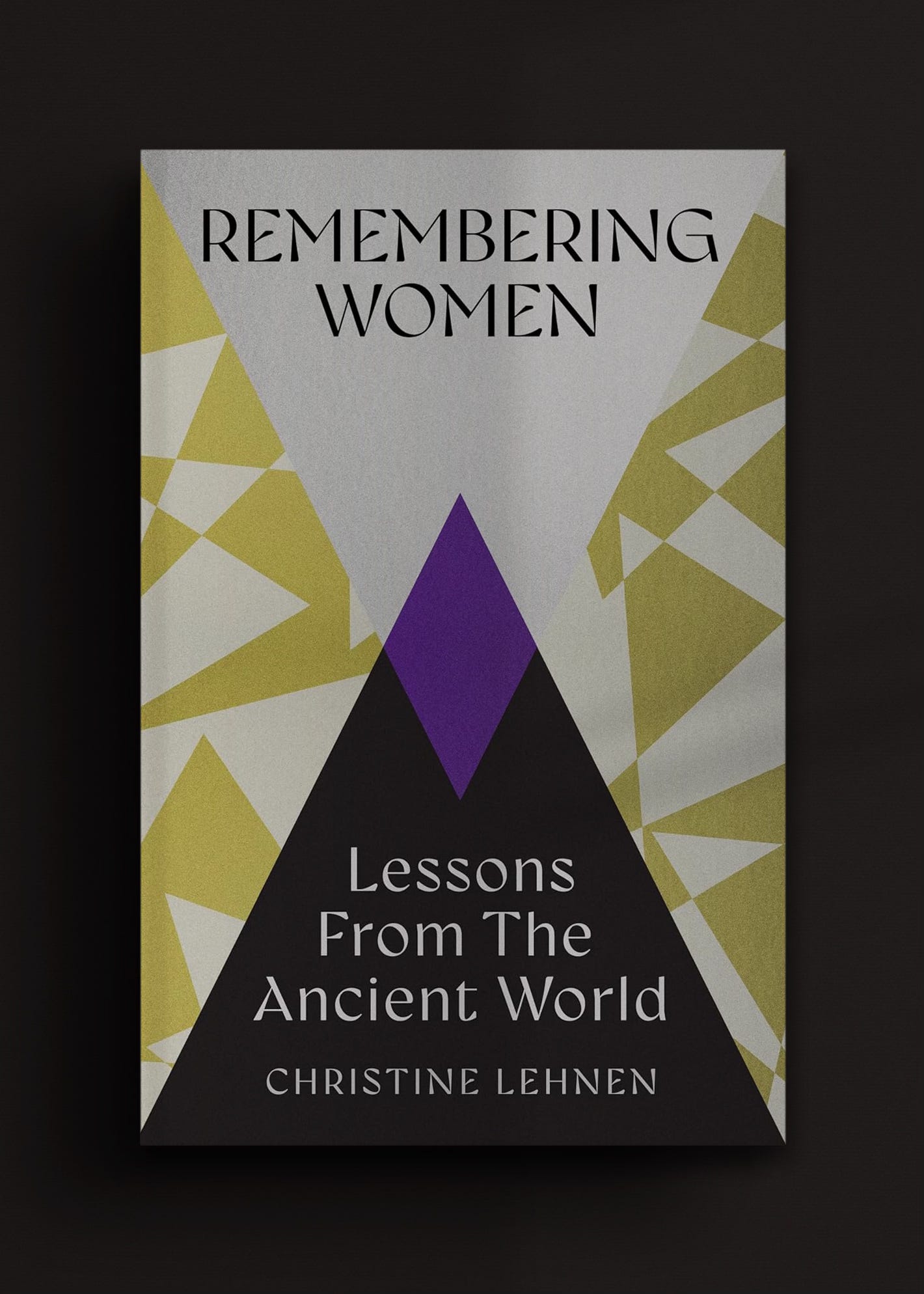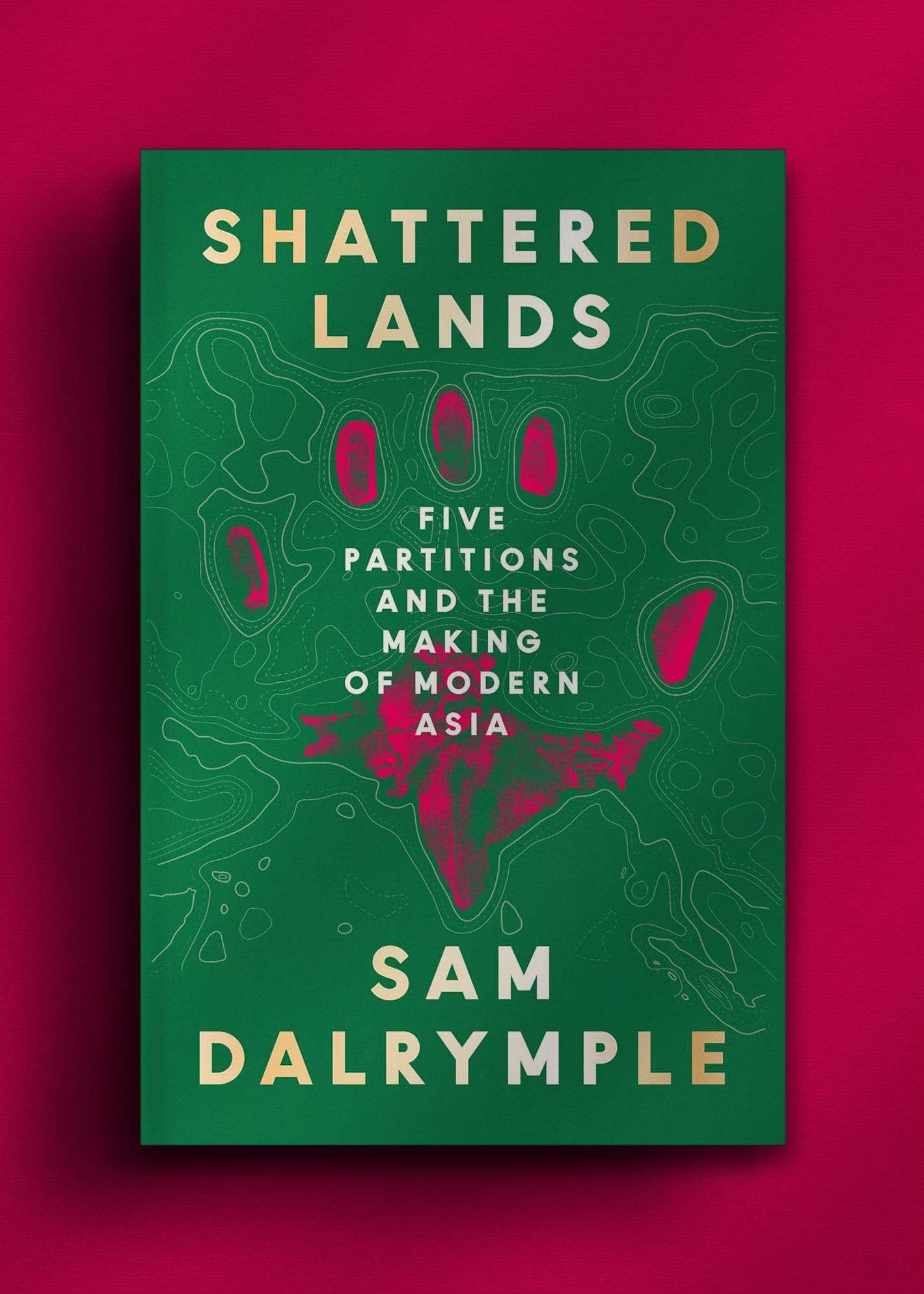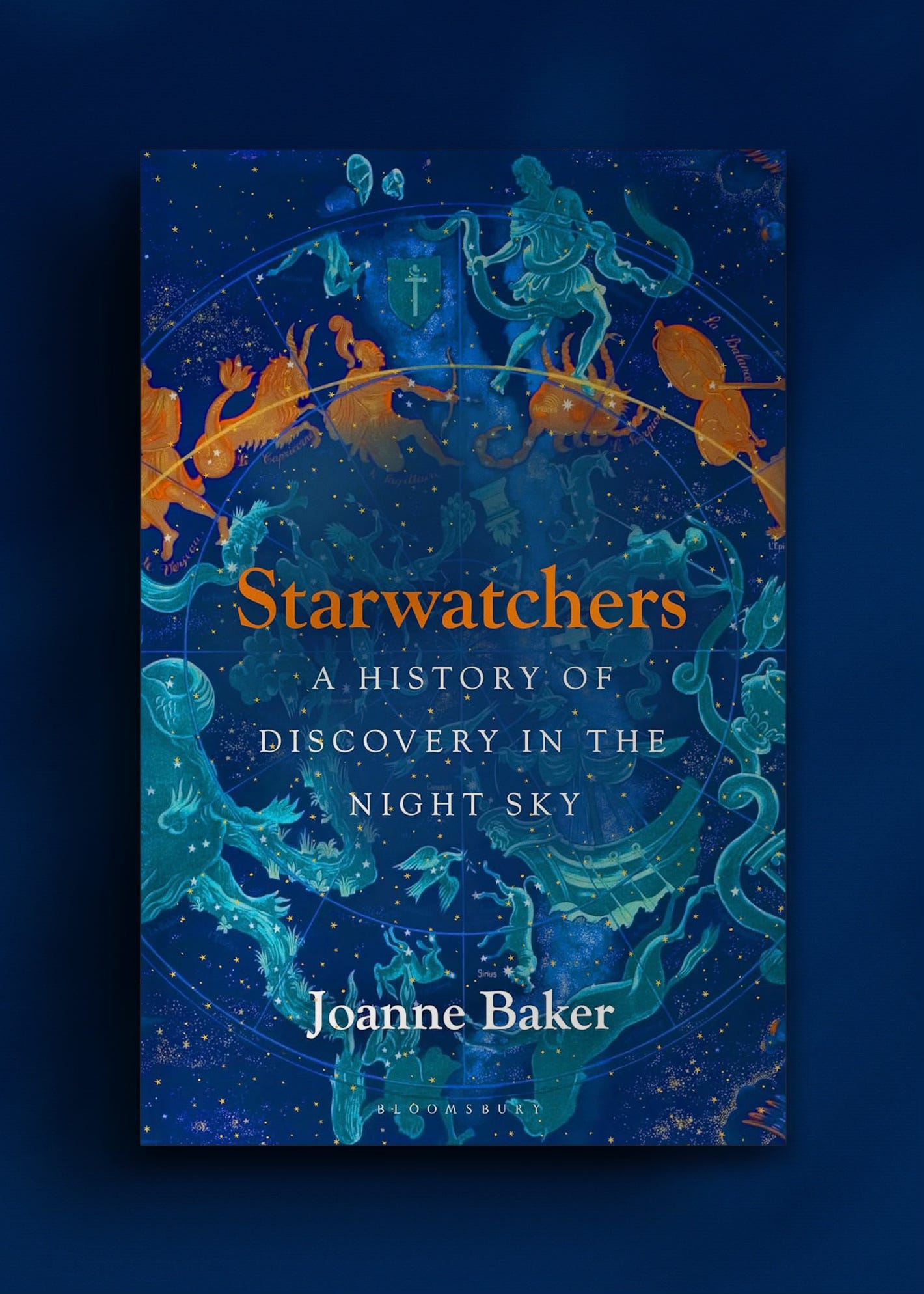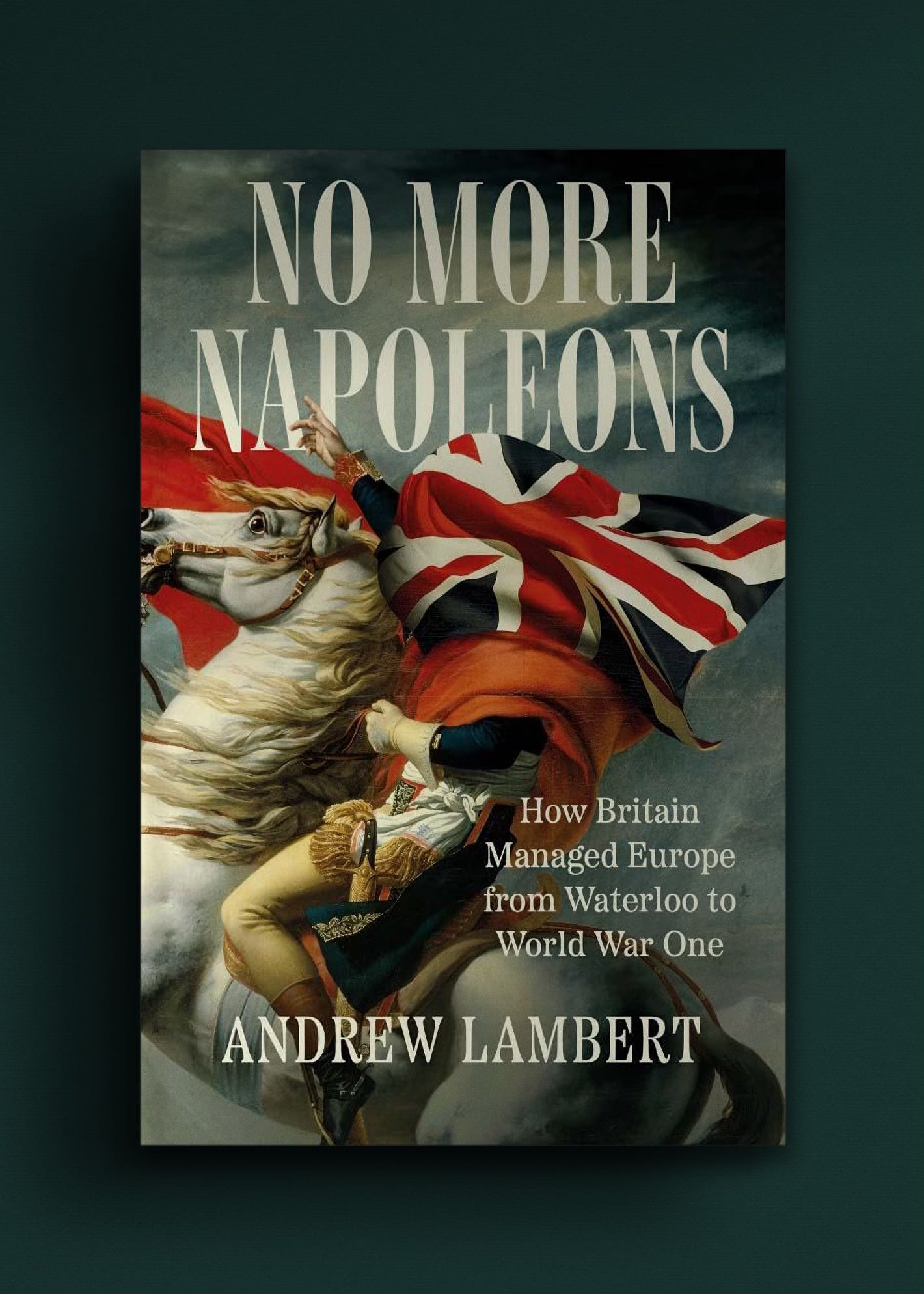Here is a selection of anticipated new history books that will be released over the month ahead.
Unseen Histories relies on your patronage to operate. You can support us by purchasing a book via the links, from which we will receive a small commission. Thank you for your support.
Opening the Gates of Hell by Richard Hargreaves
Osprey, 5 June, 2025
Having achieved astonishing victories in the north, south and west over the preceding eighteen month, in the summer of 1941 Adolf Hitler turned his attention to the east. On 22 June Operation Barbarossa, the invasion of the Soviet Union, commenced in the most dramatic and bloody style.
In all military history there is little to compare with Barbarossa. The sheer scale of the front and the great number of units involved make it an engrossing period of study. Richard Hargreaves has done just this in Opening the Gates of Hell, a book which focusses exclusively on the opening fortnight of the invasion.
A fortnight might seem a constrained timeline but Hargraves has drawn a tremendous amount from it. He captures the lightning advances of the Nazi troops, the Soviet dismay and the shocking massacres that were perpetrated by all sides.
For those with a great hunger for stories from this epic conflict, Hargreaves's book will be a source of great satisfaction.
Tank by Mark Urban
Viking, 5 June, 2025
There's a jaunty observation early on in Mark Urban's laconically titled Tank. 'Tanks are like dinner jackets', he quotes an Australian expert saying. 'You don't need them very often, but when you do nothing else will do'.
Winston Churchill, who knew both about dinner jackets and tanks, would be inclined to agree. In the miserable days of the Great War he grew excited about the arrival of this new technology, one that he foresaw sweeping away trench warfare and revolutionising the modern battlefield.
Today, in an age of fighter jets and nimble drones, one might wonder what the point of tanks is. But Urban's eloquent narrative, which opens in Ukraine, counters that assumption.
In this book he looks at 10 particular tanks and shows how they have 'changed' the nature of warfare. From Churchill's simple rollers to the technological wonders of today with night vision, secure radio and (almost) impenetrable armour, this is book filled with insight and written with flair.
The Big Hop by David Rooney
Chatto & Windus, 12 June, 2025
If tanks aren't your thing (see above) then perhaps planes will do. David Rooney's enchanting narrative history looks back to the early years of the twentieth-century when the skies were opening up as a place of travel, pleasure and potential.
The book's title, 'The Big Hop', refers to a 1919 competition that involved four teams of aviators who raced each other to become the first to fly over the Atlantic. Starting in Newfoundland and taking a course to the east, they aimed to make it all the way to Ireland.
The race provides Rooney with a motor for his plot, which blends biography and scientific history in nimble measure. There's an aura to this period Rooney reanimates, which was one characterised by risk taking in the immediate aftermath of a hideous war.
A century on, there's a real thrill in revisiting a story filled with so much human agency. Did any of the teams make it across the Atlantic? For this I refer you to David Rooney and his very fine book.
Artists, Siblings, Visionaries by Judith Mackrell
Picador, 19 June, 2025
Judith Mackrell is well known as a dance critic, especially for her admired study of the Russian ballerina Lydia Lopokova.
Set in a similar period, Artists, Siblings, Visionaries, takes a rather different approach. It looks at the relationship between the artists Gwen and Augustus John, siblings who both contributed heavily to the vibrant, experimental culture of the early part of the twentieth-century.
For those who enjoy incisive biographies of figures from the history of art , Mackrell's book is a stirring proposition. There has never been a joint study of this kind before and although her subjects were of quite different characters, lived in quite different places and produced quite different art, by bringing them together Mackrell produces many a striking insight into the nature of creativity.
It is satisfying, too, to see Gwen's intriguing portraits given such prominence and critical scrutiny.
Outcast by Oliver Basciano
Faber, 19 June, 2025
There is a real pleasure in reading debut works of non-fiction — histories researched over many years by scholars deeply committed to their subjects.
Such is the very strongly the case here in Outcast, an outstanding and capacious study of leprosy a disease that brought stigma to the inflicted and that for very many years was misunderstood by societies right across the globe.
The consequences of this misunderstanding for many sufferers was forced segregation and their clustering together into isolated little communities. One of Basciano's chief ambitions is to give voice to these stifled voices. For readers seeking a work that challenges their conceptions, teaches them something new and is shot through with a keen sense of empathy, then this is a stellar summer choice.
In 2023 Basciano won the RSL Giles St Aubyn Award for this project, which by then was already taking him on travels across the globe. A few years on, in Outcast, his story is complete.
The Lost Folk by Lally MacBeth
Faber, 19 June, 2025
'Folk culture' is a tricky thing to define. But, explains Lally Macbeth in her spirited new book on the subject, it is something of supreme relevance today. It both connects us to the past and provides a throughline to the future.
Heaven knows our scattered, rootless, digital infused society needs some sort of force to draw us together. And here Macbeth writes passionately about folk culture's potential to do this. This is a culture that is all around us, It is there in pub signs, traditions like Morris dancing, model villages and parish fetes.
There is at the moment something of a counter cultural movement that is increasingly cherishing and seeking out old traditions. The Lost Folk is just the book for readers of this frame of mind. It's one infused with a sense of purpose, and it is one that would make a very fine companion in these midsummer, Glastonbury weeks.
Remembering Women by Christine Lehnen
Icon, 19 June, 2025
'I hesitated for a long time before writing a book on women. The subject is irritating, especially for women and it is not new.'
Christine Lehnen opens her brisk and lucid book with the firm quote from Simone de Beauvoir. The reader knows, too, what she means. The last year alone has brought fine new studies from Daisy Dunn and Joan Smith on a similar subject. But in Remembering Women Lehnen's view is broader. She invites the reader 'to dive into the deep sea of time' and discover examples of how women lived, what their roles have been and how they found their own sense of fulfilment.
Lehnen deals curtly with the notion that women have always belonged in the domestic sphere. She draws on bioarchaeological research that demonstrates how they have been poets, inventors, craftspeople, and 'that women rode into battle and died in combat'. Remembering Women is a book of great force and erudition.
Shattered Lands by Sam Dalrymple
William Collins, 19 June, 2025
Rivalling Outcast as this month's (year's, perhaps) most ambitious debut is Sam Dalrymple's Shattered Lands. A swashbuckling idea, Dalrymple's aim is to chart the historical processes that foisted a series of borders on the once fluid lands once called the 'Indian Empire' by the British.
People tend to remember the 1947 Partition, when Sir Cyril Radcliffe turned up in Delhi and caused chaos with his hastily constructed border. Few know anything about the other 'partitions' the region experienced throughout the first part of the twentieth-century. These were often executed in as ham-fisted a manner as Radcliffe's and they have all bequeathed bitter legacies that shape the character and tensions of modern Asia today.
There is an enthralling first book, broad in vision and written with great poise.
Starwatchers by Joanne Baker
Bloomsbury, 19 June, 2025
There was once something attractively democratic about the night sky. While life on Earth was divided up in the most unequal way, the great canopy of stars at night sky shone for everyone. This is a poetic image and one that lies at the heart of Starwatchers: the idea that in many different times, and in many different places, people have gazed in wonder towards the same night sky.
'What drives our fascination with space? And what is our relationship to these off-planet places? Are they becoming the playground of experts and elites and how can we all claim a sense of presence?' Joanne Baker opens her delightful little study with these questions. They are the ones, she explains, that have propelled her through a lifetime's passion and an academic career.
Baker's book sweeps and roams from China to Ancient Greece, Ptolemy to the Space Age. Tenderly written, it's one of those books that has the precious virtue of making the familiar interesting all over again.
No More Napoleons by Andrew Lambert
Yale, 24 June, 2025
Now we stand at some historical distance, we can look back in disbelief at how Great Britain - a tiny island on the foggy rim of Europe - managed to retain global domination over the century between the Battle of Waterloo and the opening of the First World War.
How Britain achieved and sustained this supremacy is the question at the heart of Andrew Lambert's new study. Lambert is among the most prolific naval historians writing today. An academic at King's College London, he brings great erudition and authority to this subject, which begins with Wellington's victory and closely tracks the policies that were implemented thereafter.
In an age of tremendous global tensions the nineteenth-century has lessons for us today. For those seeking a better understanding of the reasoning of gifted statesmen - Wellington, Palmerston, Gladstone - then No More Napoleons provides of summer of strategic study.
You can read all our upcoming history book previews, here.
Subscribe to Unseen Histories for the very best new history books, read author interviews and long-form pieces by the world’s leading historians.





